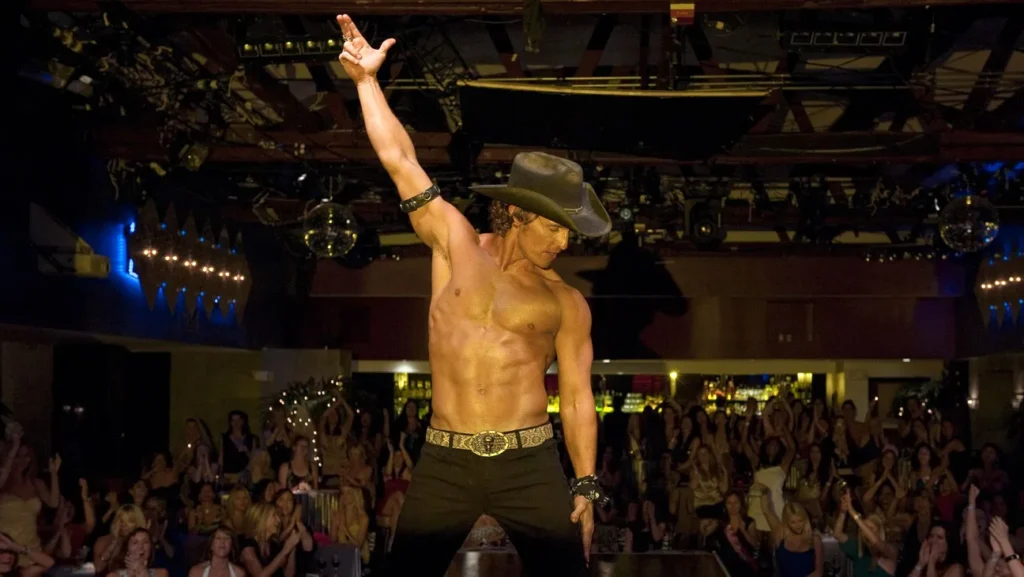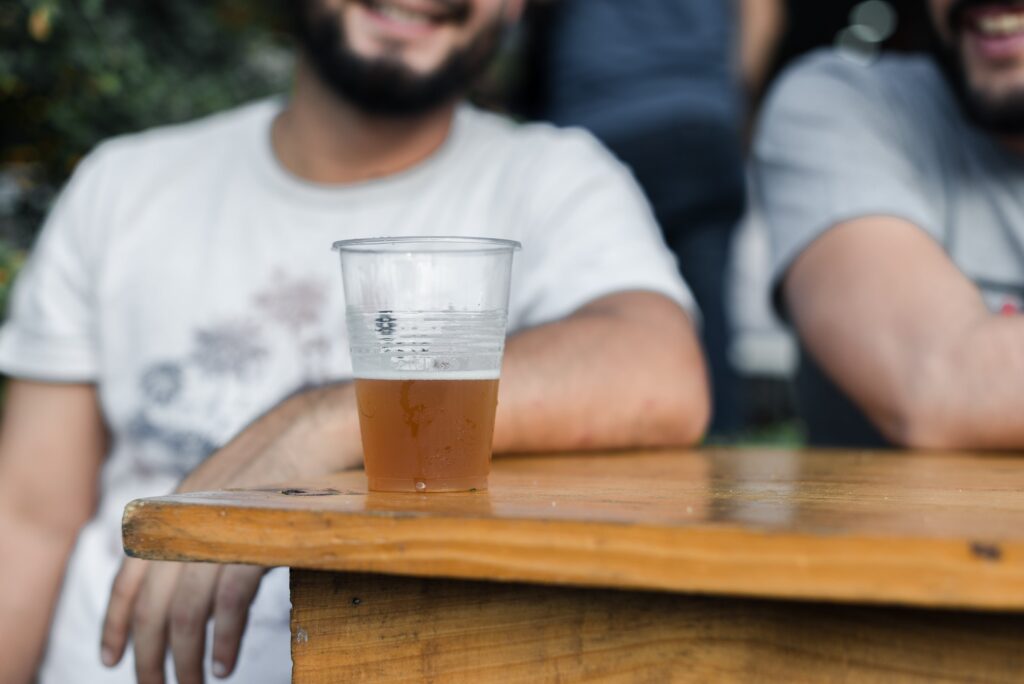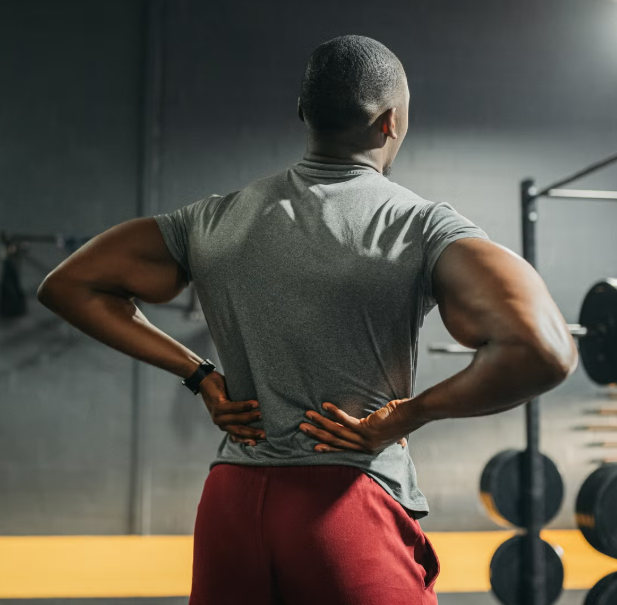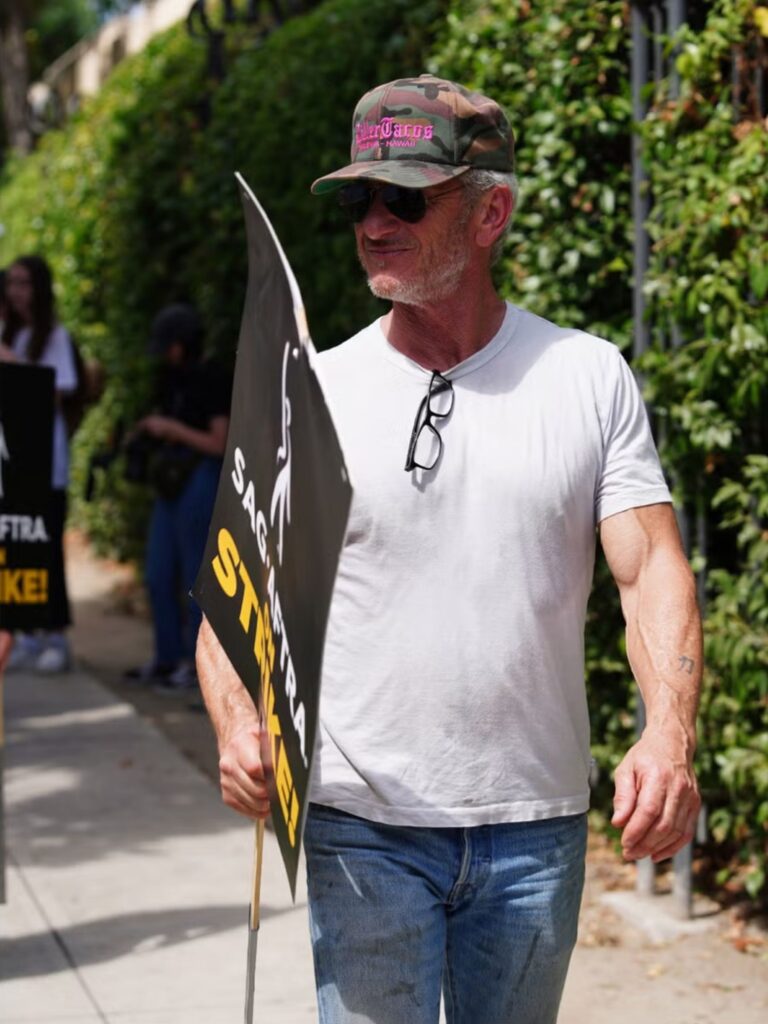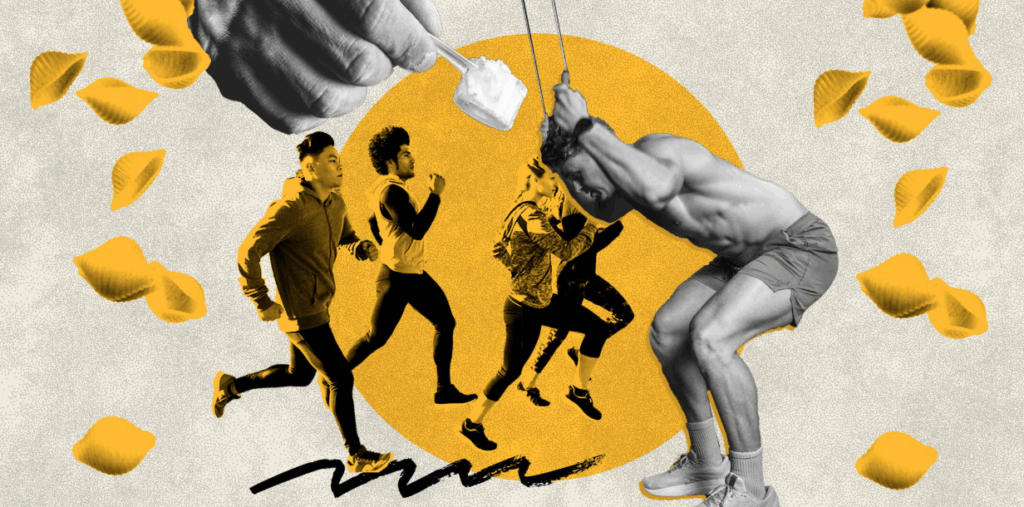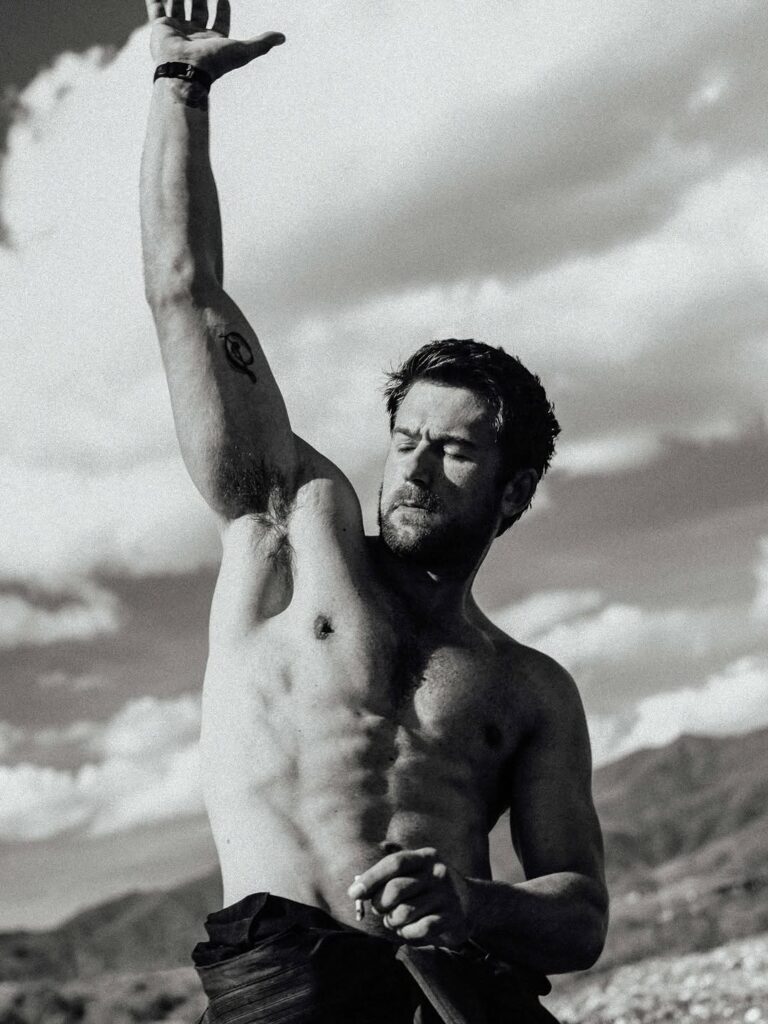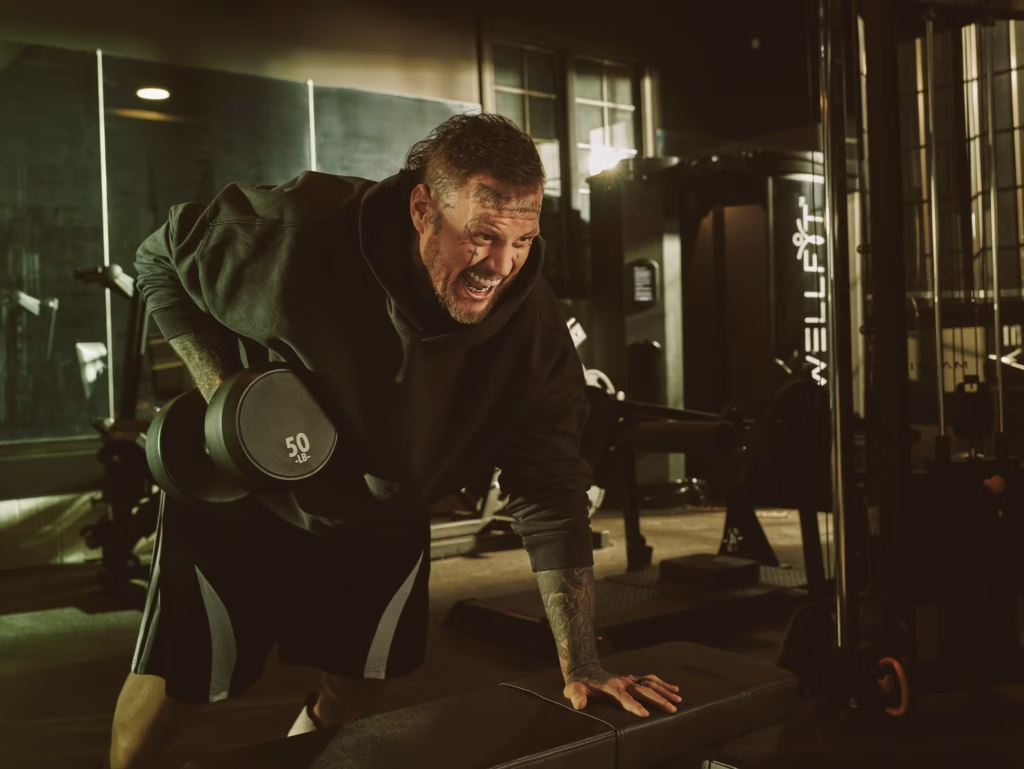AN UNFORGIVING, UNFORGETTABLE 10-match, six-week tour of duty awaits the British & Irish Lions. Without a series win in 12 years, the heat is on. Can 38 elite athletes from four rival nations band together for one of sport’s most demanding challenges?
At the heart of that conundrum is Aled Walters, the Lions’ Head of Athletic Performance, tasked with getting this touring party to peak form and fitness in a brutally short window.
The vastly experienced S&C coach will be drawing on proven tricks of his trade to recondition battered bodies, forge team unity and motivate players to dig deeper than they’ve ever had to before.
‘Best prepared, least fatigued. That’s my brief,’ the Welshman tells Men’s Health UK in late May. If Walters represents the tip of the spear, he’s keen to stress he’ll be supported in Australia by Dan Tobin, Ben Pollard and Professor Graeme Close, each bringing a wealth of expertise in S&C, sports science and nutrition.
‘It’s such a team effort,’ says Walters. ‘It’s never just one person and so it’s never just one person’s fault either.’ The coaching quartet’s first objective will be getting all the players up to speed, with several joining last minute given the late climax to the club season.
‘There’s no time,’ he says. ‘You literally have a couple of days and then the expectation is real, isn’t it? The expectation is that it’s the best of the best. They need to perform. We need to perform very, very quickly. From a physical point of view we have to be smart with what we do, when we do it and how much we do.’
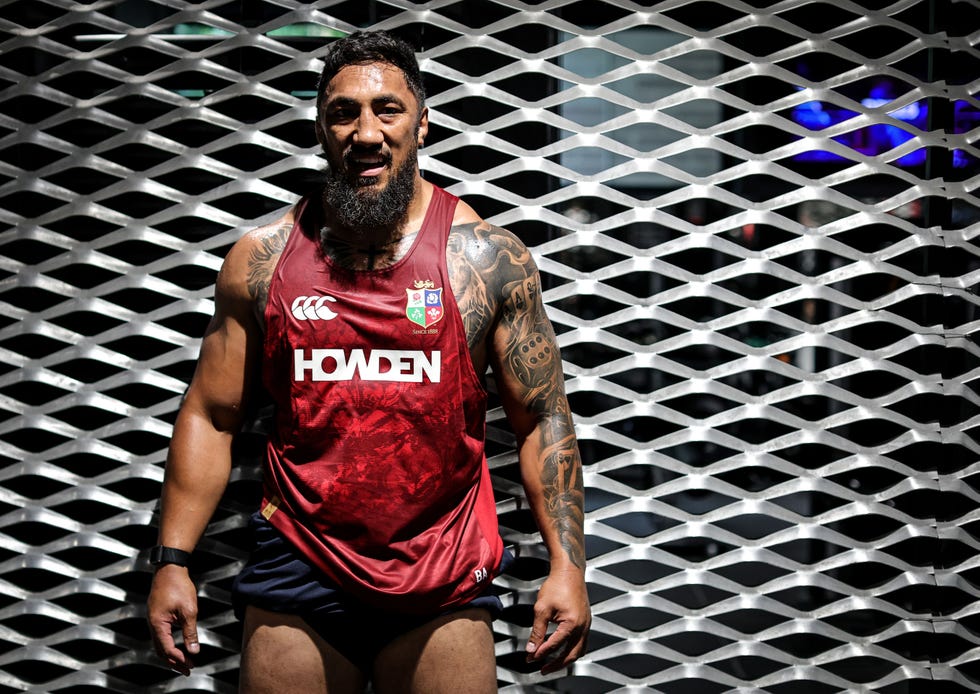
Irish centre and two-time British & Irish Lion Bundee Aki
How the British & Irish lions optimise recovery after a brutal season
Standing between the Lions and their first series win since 2013 – a 2-1 victory the last time they toured Australia – is a nation of naturally gifted athletes that Walters knows all too well from his time coaching the Brumbies in Super Rugby.
‘Australia, I found remarkable,’ he recalls. ‘They are all athletes. Maybe it’s because they grow up playing volleyball and Aussie rules. I couldn’t get over their ability to move. Those boys had real athletic ability. It was pretty eye opening. Their coordination and athletic ability I thought was special.’
Physically and mentally the tourists will have to be on their A-game too, while contending with broken bodies and weary minds. ‘We have to be mindful of how much mental energy they’ve got left in the tank,’ Walters says.
That means keeping things simple. ‘When you go and do a training session that’s hard, if you’ve got a full head, it’s really hard to commit to something, to push yourself beyond where you think you’re capable of. So we need to make sure we’re not filling their heads too much.’
Contrast baths, cold-water immersion and dawn strolls
Or burdening the players with additional stress, he adds. ‘If recovery is meant to bring someone back to baseline but they’re stressed about doing that recovery modality, then it’s probably not helping. The best thing we can do is give the players options. I always like contrast baths and cold-water immersion, but I would never force anyone into using them.’
Playing across three time zones, not to mention the jet lag that accompanies flying halfway around the planet, are some of the other obstacles Walters and the touring squad of players and backroom staff will have to overcome when they touch down in Perth.
‘How we manage those flights, what we do before we go, when we arrive, even the schedule for the first three or four days will have a big bearing on how we go into that first game,’ he says.
Previously with England before a tour to Japan, Walters had his players walking around Richmond Park at 5am to align their body clocks with that of Tokyo, eight hours ahead of London. ‘You’ve got to think about when’s the appropriate time to train, to avoid sunlight,’ he says. ‘Light exposure is one of the key things to get right to overcome the effects of jet lag.’
Competition and camaraderie: how high-performance teams build unity
A fascinating sub plot to any Lions tour is how well the players gel on – and especially off – the field. ‘You can never expect everyone to get along in any team or any company, can you? But it can still function very, very well,’ he says.
‘It’s our job now, and the players’ job, to really commit to allowing that to continue, to develop and to foster that when we’re going to be living in each other’s pockets. That is the beauty of the Lions. People say you make great friendships and real strong bonds so that’s what we have to help happen.’
Despite suffocating time constraints, Walters says allowing the players space to get to know each other is the first step to encourage team bonding. ‘Andy has made it clear that, of course, it’s a tour that we want to win, but we also need to retain those old-school tour traditions as well.’
Then, when it’s time to go to work, Walters will get the squad training in teams rather than individually to fast-track close ties. ‘How do we develop their communication in tough periods? There are a couple of things that help develop relationships,’ he says.
‘One of them is alcohol and the other is doing hard things together. I think we need a balance of both, really. Maybe a little bit less of one and more of the other,’ he adds, with a wry smile.
Why ‘doing hard things together’ forges team cohesion
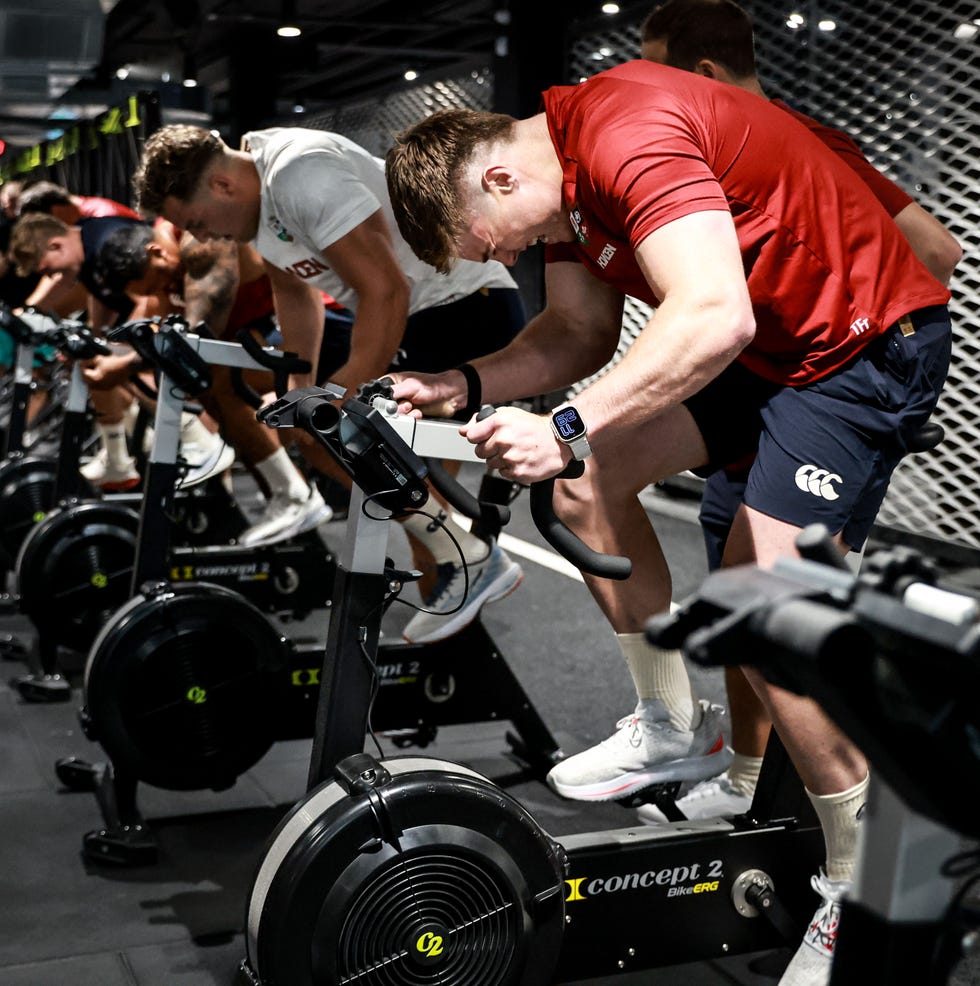
Wingers Tommy Freeman (front) and Duhan van der Merwe grimace through a gruelling bike session
When asked to elaborate on the kind of ‘hard things’ he’ll use to build togetherness when the squad lands in Portugal for a pre-tour training camp, Walters points to two of his signature drills. Each looks benign enough on paper. In practice, he warns, they’ll take you to places you never knew existed.
Aled Walters’ Wattbike finisher
- 8 x max distance in 10 secs
- 20 secs rest between efforts
- 3 sets in total
Crank the flywheel resistance to 10. Pedal your heart out for 10 seconds, aiming to cover 200m with each interval. Rest, keeping your legs still, for 20 seconds, then repeat for 8 reps. Rest for 3-5 minutes, then go again. ‘We’re challenging your lactate clearance,’ explains Walters. ‘Think that’s rough? I dare you to try it at altitude.’
Aled Walters’ rowing AMRAP
- Row 200m in 40 secs
- Rest 10 secs
Walters will task his players to cover 200m in under 40 seconds, calling time when they miss that target. ‘South African back row Marco van Staden once hit 15,’ he says. ‘That was savage. I got that routine from [rugby league icon] Kevin Sinfield. It’s very naughty.’
If 200m is out of reach, record your distance on your first rep, then repeat or beat that score every subsequent interval until you can’t. Note the number of intervals you survived. That’s your target to beat next week.
Walters’ Verdict on rising sensation Henry Pollock
When the full squad assembles in the gym, Irish front row forward Andrew Porter will likely be the man to beat. ‘He’s phenomenal,’ Walters says, with obvious admiration. ‘I shouldn’t have favourites but Andrew Porter is up there. He will definitely be geeing things up, leading by example.’
More likely hanging around by the fire exit will be Mack Hanson. ‘He’ll be flirting with the door trying to get out of the gym as soon as he can,’ Walters continues. ‘Ellis Genge loves the gym as well. Joe McCarthy and Dan Sheehan are very impressive in the gym. I hear Xander Ferguson is very good in the gym, very strong.’
Walters says he’s also excited to see what rising star Henry Pollock, the youngest player on tour, is made of. ‘I’ve been reading that Henry Pollock can squat 250, bench 180 and run over 10 metres per second, so we might not start any session until he’s completed the decathlon. Maybe that’s how we’ll get it all going.’
Sh*t the bed: Walters’ strategy to promote team bonding with booze
Socialising and, by nature, alcohol will also have a role to play Down Under. But Walters has a plan for this.
When working with the hard-playing, hard-partying Boks in 2019, he implemented a framework called ‘alcohol periodisation’ to ensure drinking sessions had a positive impact on squad unity. ‘We had three levels of drinking,’ he said, speaking on the Pacey Performance Podcast by Sportsmith in 2021.
- Level 1 = No drinking – ‘You’re dry, not even a touch of it,’ says Walters.
- Level 2 = Sociable drinking – ‘The kind you do with your missus, a glass of wine.’
- Level 3 = Sh*t the bed – ‘That was when we were like, “This is your chance.”‘
On the nights when level three boozing was permitted, the whole squad bought into it. ‘The senior players drove it,’ Walters explained. ‘The camaraderie, the togetherness of the group, because everyone wanted to make the most of it, you had everyone out at the same time and it was brilliant.’
What happens if the Lions scale ‘Everest’ and win the series?
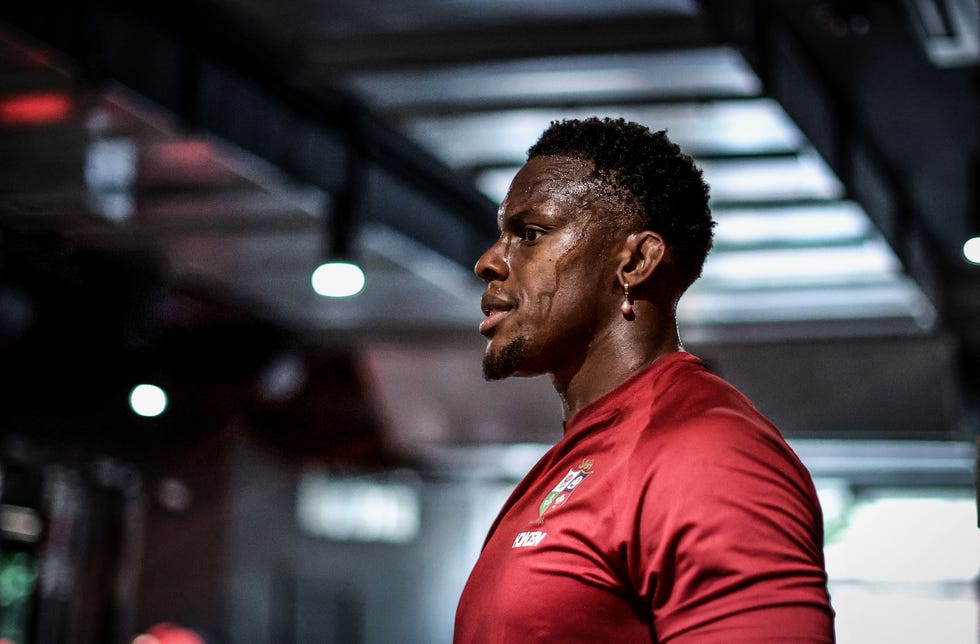
On his third tour, captain Maro Itoje is hoping to lead The Lions to victory
It also meant alcohol didn’t interfere with recovery when it mattered most. ‘We had a six day turnaround going into the final [of the 2019 RWC] and there were drinks available in the changing room from the sponsor. Maybe three guys had one beer each and that was it,’ he continued.
‘I think that was a successful element of how we recovered. We were like, now it’s important, now it’s worthwhile that we don’t go down that route. Obviously afterwards, after the final, jeepers, that was a fortnight of level 24.’
Returning to the present, Walters says the old-school traditions of touring remain as relevant as ever. But he doesn’t plan to be quite as rigid with Maro Itoje and co. ‘Players now understand when it’s appropriate and when it’s not. They understand that recovery is a quality we’re going to train harder in Australia than max strength, for example,’ he says.
‘At that time in South Africa it needed to be introduced, but not so much now. That said, I’m sure there’ll be some level three drinking at some stage. When the time is right I’m sure the boys will be allowed to let loose a bit.’ You can bet if the Lions scale their ‘Everest’ and win the series, the touring party will give the Boks’ celebrations a good run for their money.
The strength and conditioning method powering the Lions in Australia
With training time in short supply, Walters says the players will be brushing up on their French to get Test match-ready Down Under.
Specifically, they will be using a S&C protocol known as French Contrast Method, invented by French track and field coach Gilles Cometti and popularised in recent times by Cal Dietz.
FCM or French Contrast Training combines heavy lifts with plyometrics to boost strength, speed and power. A blend of complex and contrast training methods, FCM involves performing four exercises in a set sequence:
- Maximum force – eg, back squat
- Plyometric force – eg, hurdle jump
- Ballistic or speed-strength – eg, jump squat
- Overspeed or assisted – eg, assisted countermovement jump
Rest periods between exercises are limited to 10-20 seconds; with longer pauses of 3-5 minutes between sets to allow for adequate recovery. It’s a protocol, Walters says, that will allow him to keep sessions short due to the ‘high quality of work you can get done in a short amount of time’.
While research is in its relative infancy, two small studies published in 2019 demonstrate its effectiveness at eliciting major ROI.
- The first study (Welch et al.) demonstrated that two weekly FCM workouts lasting just 30 minutes significantly improved lower body strength and power over the course of six weeks.
- Another eight-week study (Elbadry et al.) found it to be an effective protocol for collegiate triple jumpers at improving ‘explosive strength and kinetic performance’.
At the very least, it’s a fresh approach that Walters is confident will keep the players engaged and excited when they step into the weights room for more hard graft after a hard season.
Want to try it yourself? Here are two FCM workouts that will be underpinning the Lions’ tour this summer. Rest 10-20 seconds between exercises and 3-5 minutes between sets.
FCM workout 1: Lower body
- Front squat x 3 at 80-90% of 1RM
- Tuck jump over hurdles x 5
- Countermovement jump squat x 5 with 50% of bodyweight
- Band-assisted countermovement jump x 5
FCM workout 2: Upper body
- Bench press x 3 at 80-90% of 1RM
- Med ball chest press x 5
- Banded bench press at 50% of 1RM
- Plyo press-up x 5
This article originally appeared on Men’s Health UK.








